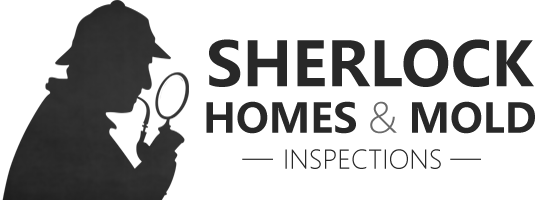
When you’re buying that dream home with the beautiful open floor plan and updated kitchen, you’re also buying any potential problems lurking in the basement or behind the walls. A home inspection is a standard — and important — part of the home buying process that gives you the chance to really get to know your new home…the good and the bad.
But like many parts of the home buying process, the inspection is often misunderstood. Let’s take a closer look at this critical step to set expectations and really understand what’s included…and what’s not.
What a home inspection is/isn’t
According to the American Society of Home Inspectors (ASHI), a home inspection is “an objective visual examination of the physical structure and systems of a house, from the roof to the foundation.”
Most savvy buyers include a home inspection contingency in their offer, which allows them to reopen negotiations or walk away from the deal altogether if they aren’t happy with the results.
Jason Murton of Accurate Inspections, LLC says while a home inspection is a detailed analysis of a property, it’s important for buyers to understand that it’s not a guarantee.
“We’re looking at the systems and components of the home and their expected remaining lifespan, but we can’t predict the future,” he said. “Let’s say a home has a 15-year-old roof with a 25-year shingle. I can tell you that it should have a few more years of life left, but if a bad storm hits the next year and causes some damage, it may need to be repaired or replaced sooner than planned.”
What’s included, and what’s not
ASHI says a standard home inspection report covers “the condition of the home’s heating system; central air conditioning system (temperature permitting); interior plumbing and electrical systems; the roof, attic and visible insulation; walls, ceilings, floors, windows and doors; the foundation, basement and structural components.”
A typical inspection does not routinely include an evaluation of things like structural engineering work, swimming pools, or fireplaces and chimneys. Murton says specialized professionals may need to be brought in for these areas, but this sometimes depends on your geographical area and the expertise of your inspector.
A standard report also does not cover items like a well and septic system, mold (outside of a visual check), asbestos, radon, or pests, but these checks are often available as add-ons.
How to protect yourself and your investment
Your home is most likely the largest financial commitment you will ever make, and it’s not a decision to be entered into lightly. To help protect that investment, a home inspection is key, and having that inspection performed by a qualified professional is an absolute must.
In addition to asking friends and family for recommendations, your REALTOR® is a great resource and can provide names of reputable area inspectors. But, regardless of how you get your referrals, it’s important to do your own due diligence. Before deciding whom to hire, ask these important questions of your potential inspector:
● Are you licensed or certified?
● How long have you been in the business?
● How much do you charge?
● What do you check, exactly?
● What don’t you check, specifically?
● How soon after the inspection will I receive my report?
● May I see a sample report?
“I can’t stress enough the importance of doing your research,” said Murton. “In Michigan, there is no specific licensing for home inspectors. There are organizations that provide certification, but some of them are relatively new and not all of them require testing.”
As a buyer, it’s highly recommended that you attend your inspection. In fact, most inspectors want prospective owners to be present and encourage them to ask questions.

Recent Comments